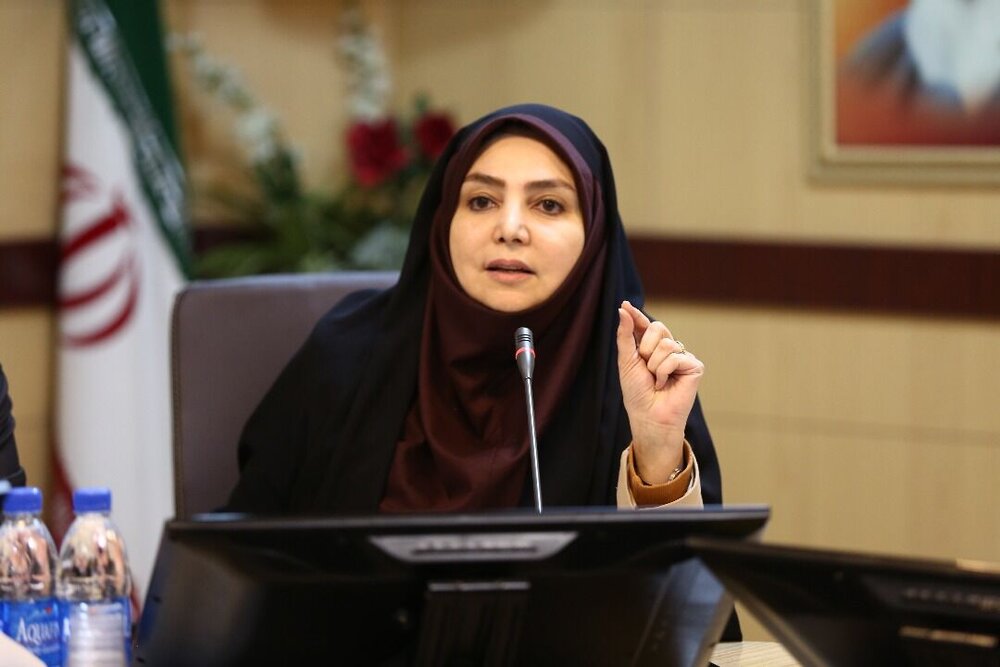Iran rejects BBC Persian claim of under-reporting COVID-19 mortality

TEHRAN – The Ministry of Health has rejected a BBC Persian’s claim about under-reporting daily COVID-19 deaths and new cases in Iran, suggesting the British Broadcasting Corporation to reveal the doubtful coronavirus statistics reported by the UK government.
The BBC’s Persian service claimed on Saturday that the number of coronavirus victims in Iran reached 42,000 by the end of the Iranian calendar month of Tir (July 21), which is almost three times the official number.
It added that the total number of patients has reached 450,000, which is more than one and a half times the official statistics, which is far more than the figure reported by the Health Ministry.
In response to the false report, the Ministry of Health spokesman Sima-Sadat Lari said that some foreign media are trying to create skepticism based on anonymous sources, ambiguity, and using the phrase “it seems so” with an unscientific methodology.
She went on to note that we firmly follow the scientific path approved by the World Health Organization [to report coronavirus patients and toll] and strongly suggest individuals and the media not enter into scientific discussions for political purposes.
“If we were looking for secrecy, as in many countries, including Europe, the first cases would be announced with a delay of weeks, or we would hide the second wave of the disease, as in some countries with political and often economic considerations.
However, we acted quite transparently, and it was clear to eyewitnesses of the disease in comparison with other countries in the region and some even developed ones,” she stated.
Naturally, fluctuations are seen in all countries, including Europe and the United States, she highlighted.
Unfortunately, today it is clear to us that the definitive cases in European countries have not been taken into account since December for any reason,
While as one of the last countries to be infected with the virus in the Northern Hemisphere, Iran is still one of the first to announce. In recent weeks, we have announced the second wave of the disease, faster and clearer than many other countries, regardless of political and economic considerations, although these erroneous considerations could not and will not be able to finally hide their re-expansion status, she explained.
In this regard, to improve the current situation and attract broad social participation in their country, they have no choice but to be transparent and stable in presenting their exact statistics and information, she emphasized.
She further concluded that British media should focus instead on tens of reports released so far on the ambiguities in the UK government’s COVID-19 figures, particularly the real mortality in the country’s elderly care centers.
The World Health Organization’s director-general, Tedros Adhanom Ghebreyesus, said in early March that the organization has not noticed any problem with Iran's statistics on coronavirus outbreak.
Some media have doubted the official statistics provided by the Iranian health ministry, citing the COVID-19 death toll in Iran is far exceeding that of official statistics.
There are “specific mechanisms” for investigating the facts, the WHO official told CNBC.
“There are reports in the media, but here is the World Health Organization which is a technical organization and needs to investigate the facts; We don't repeat what the reporters say, we have our own mechanism, and we haven't seen faults in the statistics.”
The number of people diagnosed with coronavirus in Iran reached 309,437 on Sunday, of whom 17,190 have died and 268,102 recovered so far. Over the past 24 hours, 2,685 new cases of people having the virus have been identified, and 208 died, Lari said.
Currently, 4,089 patients with coronavirus are in critical condition, she added.
FB/MG
